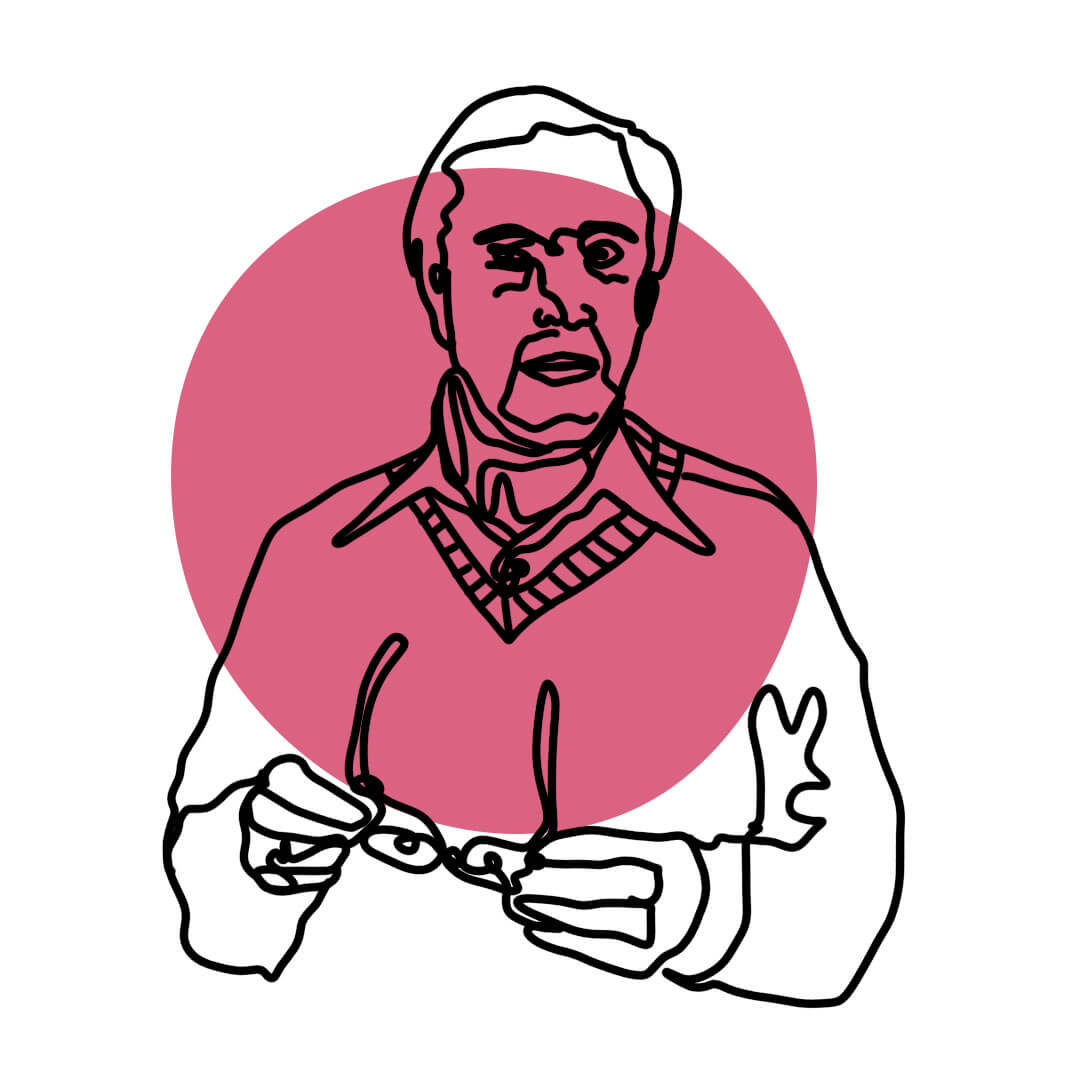The result?Not only less environmental impact but also slower circulation of money that helps curb inflation.
Recent studies attest that circularity has an immediate impact on slowing down the inflationary spiral a phenomenon that has come up again over the past year and that entire generations have never experienced before because it has not been detected, in our Western economies, since the 1980s.
How is this possible?
Let's start with the basics: inflation (from Latin, inflatio = inflating) constitutes a general increase in essential living costs i.e., food, energy and gasoline that has a cross-sectional impact on the entire population and in a short time results in a generalized reduction in consumption with a consequent slowdown in the economy.
Consumers when the prices of basic necessities increase tangibly and thus their purchasing power decreases, tend to limit spending and especially nonessential spending.
Now let's look at how this trend translates into practice: there is more attention to cost and buying used especially becomes a good alternative to buying new. Here we see major growth in fashion resale which is expected to grow by +126% in 2026 (1) and in the furniture sector where prices of new items have shot up by 10% and resale is expected to grow +83% in 2027 (2) . But it doesn't end there: in parallel, consumers are thinking about extending the lifespan of goods by delaying the purchase of new, and companies involved in repairing and reconditioning goods such as machinery, electronics, clothing ... are seeing a major increase in demand.
But beware inflation also leads companies to adopt rapid cost-cutting solutions especially in the reuse and recycling of materials which, according to participants in international symposium organized by research firm Gartner, with an ultimate increase in profits (3).
And so it is that even European governments see circular economy models as a powerful tool to calm inflation: consider that France in late 2022 launched the repair bonus for household appliances allocating 410 million euros until 2027 and in July 2023 announced an incentive that from October will be a contribution to repair clothes and shoes: the French will be able to receive a contribution of 7 euros to repair a heel, 25 euros to mend a lining, according to a precise price list. Allocated in this case 154 million euros.
It is time to reflect and act in order to preserve our wallets and redesign our future on this planet: new models, new (but old) crafts and new technologies are the way forward.
1* threadUP 2022 Resale Report,” GlobalData, May 2022.
2* Chairish GlobalData 2022 Resale Home Furnishings Consumer Survey
3* Gartner Supply Chain Sympos ium,” Gartner, October






.png)





